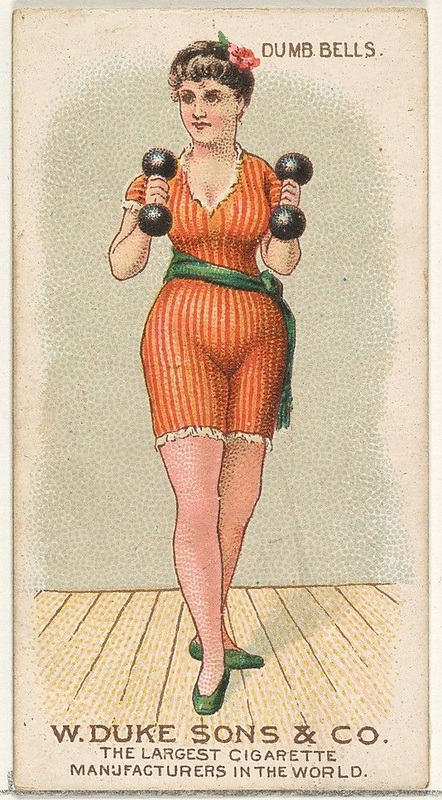| Is everyone training in the gym is an expert in nutrition? The trouble is, they could be an expert with tunnel vision and that knowledge tends to relate only to their own body's functions to the various foods and supplements they ingest. We are afterall individual, with different health backgrounds and needs. That historic footprint drives our metabolism. It is important not just to focus diet and health on a body image goal. This is an unhealthy focus as it ignores the general functions of other vitamins and minerals, potentially causing malnourishment/deficiency. Creatine increases the body's uptake of glucose, therefore providing more energy. This allows you to exercise for longer, potentially to build more muscle. However, to do this it also draws liquid into the muscle cells. This expansion forces the muscle to 'acquire' more glucose and to draw on any fat stores in order to 'work' at its larger size. This does promote weight loss, so creatine users do not necessarily have larger muscle mass, but have muscle bloated out with fluid, giving an illusion of larger muscle. Often, trainers panic if they dont take the creatine as they appear to 'lose muscle', when in fact they have just urinated out the excess fluid. Forced fluid retention will burden the kidneys too. From a nutritional point of view, creatine is part of the amino acid group and can be produced by the body naturally through consumption of red meats and other protein sources. If you are training for a competition, a boost in protein will of course help increase production of creatine. For people (I will call them Type F) with the potential for fatigue, chronic fatigue, ME or auto-immune problems, creatine can potentially mask their true limits as it gives a false 'lift ability'. Training without it, whilst slowing down the muscle-build time frame potential, does not prevent reaching the same optimum 'weight lift' and size. In other words it just takes longer and a bit of patience. Exclusion of creatine does allow the individual to monitor their energy levels and ability, so they do not 'boom or bust'. This will mean better training, as they are less likely to feel energy and motivation lows due to over training, driven by creatine's false energy. By using low glycaemic carbohydrates, foods which release their energy slowly, the adrenals are not over-stimulated through glucose spikes. These spikes are hormonally driven and will in turn, produce cortisol to neutralise adrenaline back down to 'normal' functioning levels. The low GI diet is useful here, as it is simple to use and still keeps in variety. Where the body is being challenged through training, the adrenals are being stimulated. Type F individuals will feel their energy or motivation drops quickly as the adrenals struggle to keep up. Body builders and regular weight trainers do tend to train with high protein diets, which will raise their cellular pH creating a high acid cellular environment. Calcium will be leached from the bone and muscles to buffer this environment, so bone density can be sacrificed. This does seem to contradict the assumption that weight lifting increases bone density; however, through incorrect over-supplementation, bone density can be sacrificed. Constant stress on the muscles and skeleton require balanced minerals for repair, but if these minerals are being used to buffer the high acid environment it is not available for its other functions. This can result in stress fracture, slow repair, palpitations, agitation and aching, low mood, fatigue and bad skin. Over-supplementation of calcium will effect zinc absorption and potentially impair kidney function. A high protein diet can create high uric acid levels as purines in the protein (not in eggs and non fermented dairy) convert to uric acid which can result in gout. |
|
5 Comments
|
TOPICS
All
AuthorVictoria Shorland, Nutritionist and Allergy Consultant. |


 RSS Feed
RSS Feed